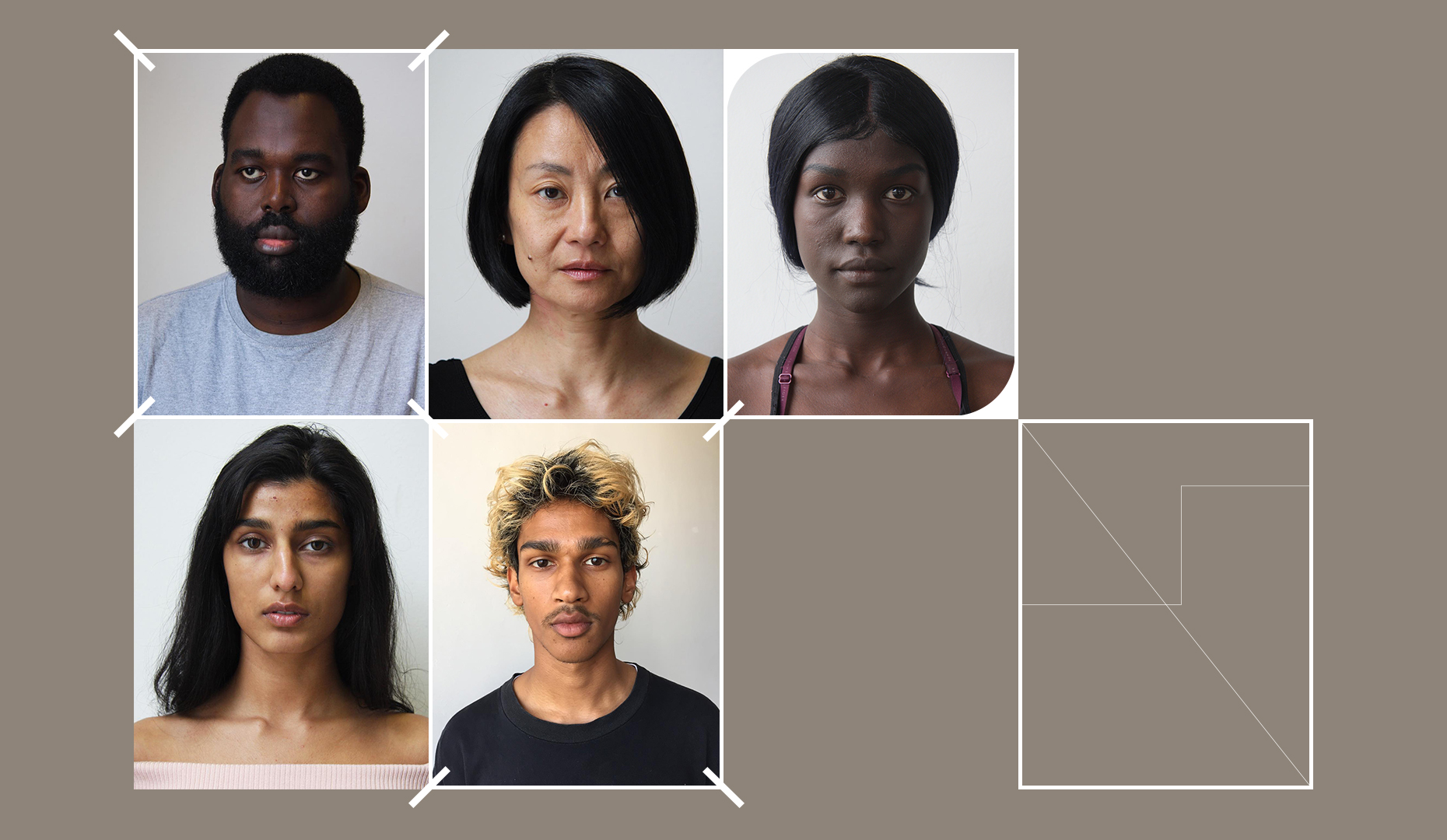Though, it feels like a paradigm shift to see the stories of people of all identities shared on mainstream platforms, I really had to start taking in: but who is in control of telling these stories? Very often, we’re hearing stories of minorities, produced, funded and profited by the same types of people that make up the status quo. And often the stories that get funneled through a white cis able-bodied gaze aren’t going to represent the nuanced experienced of those at the margins, but just exist as this refreshed version of the same capitalist agenda that’s always existed.
So what started for me about seeing people that look like me and my community in fashion, has quickly spiraled into a critique of the ways people of colour are carefully placed in these industries. At the time what felt like an insertion of power, now is becoming more clear that the system was never made with us in mind. It certainly doesn’t know how to support us, and we were probably naive for thinking we could change any aspect of that. The way that activism has
been co-opted by fashion as a sexy, edgy way to brand consumer goods, while simultaneously never hiring a designer of colour, paying their garment workers less than minimum wage, producing so many toxins from the materials to make the clothes that it’s causing irreparable damage to communities of colour who make those materials and the environment (which will disproportionately affect communities of colour first, which we know because it’s already happening). So yeah, given all of that, it does feel like representation is a pretty marginal concern on the hierarchy of issues with fashion. But one thing I can have confidence in, is if we’re still having these opportunities to have conversations about modelling and diversity, I’d like to quickly address that the lack of racial sensitivity available in the images is most definitely going to be felt in every aspect of producing that garment. I think, in the process of starting an agency, drawing attention to racial inequity in fashion, we’ve opened people and an industry up to having more difficult conversations about the role marginalized people play in this industry. Though representation isn’t the most important conversation, for some, it’s been an entry point to shifting consciousness.


